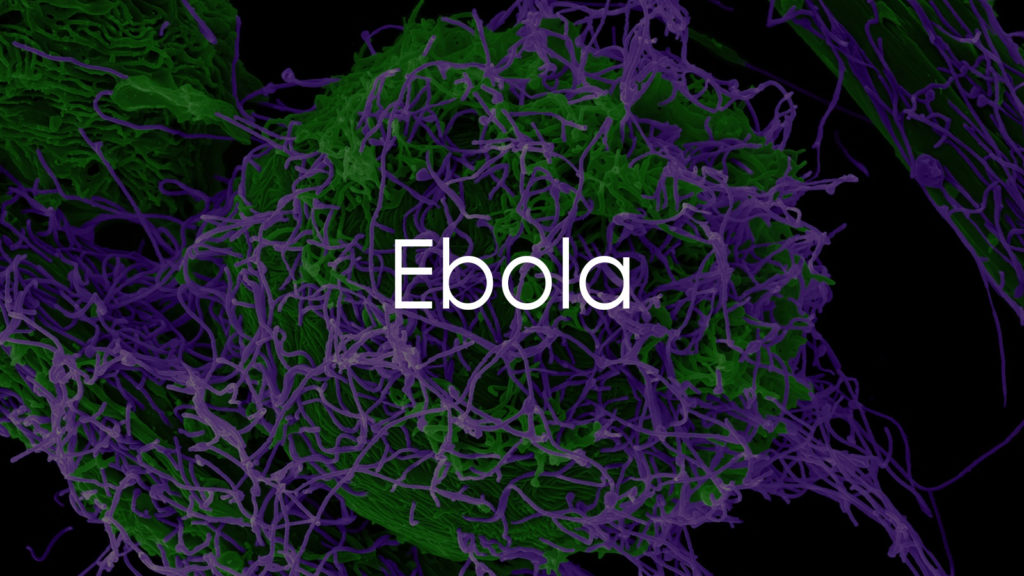Ebola is a severe and often fatal illness caused by the Ebola virus. While the primary symptoms of Ebola are well-documented, the complications arising from the infection can be equally devastating. Understanding these complications is crucial for improving patient outcomes and guiding treatment protocols. This article explores the various complications associated with Ebola, from immediate health issues to long-term effects.

Immediate Health Complications
Immediate health complications occur during the acute phase of the Ebola infection, typically within the first few weeks of illness.
Severe Dehydration
One of the most critical complications of Ebola is severe dehydration, primarily due to excessive vomiting and diarrhea.
- Fluid Loss: Significant loss of fluids and electrolytes can lead to dehydration.
- Symptoms: Signs of dehydration include dry mouth, decreased urine output, and dizziness.
- Management: Requires aggressive rehydration therapy, including intravenous fluids.
Multi-Organ Failure
Ebola can cause multiple organ systems to fail, which is often fatal.
- Affected Organs: The liver, kidneys, and lungs are commonly affected.
- Indicators: Symptoms include jaundice, difficulty breathing, and reduced urine output.
- Interventions: Intensive care support, including mechanical ventilation and dialysis, may be necessary.
Hemorrhagic Complications
Hemorrhagic symptoms are a hallmark of severe Ebola cases and can lead to life-threatening conditions.
- Internal Bleeding: Bleeding within organs and tissues can occur.
- External Bleeding: Patients may experience bleeding from the gums, nose, and injection sites.
- Treatment: Management includes blood transfusions and coagulation support.
Septic Shock
Ebola can trigger septic shock, a severe and potentially fatal condition.
- Pathophysiology: Caused by a systemic inflammatory response to infection.
- Symptoms: Includes low blood pressure, rapid heartbeat, and altered mental state.
- Management: Requires intensive medical intervention, including antibiotics and fluids.
Long-Term Health Complications
Survivors of Ebola often face long-term health complications that can persist for months or even years after recovery.
Post-Ebola Syndrome
Many survivors experience a condition known as Post-Ebola Syndrome (PES), characterized by a range of physical and psychological symptoms.
- Fatigue: Chronic fatigue is a common complaint among survivors.
- Joint and Muscle Pain: Persistent pain in joints and muscles.
- Vision and Hearing Problems: Issues such as blurred vision, eye pain, and hearing loss.
Neurological Complications
Neurological issues are prevalent among Ebola survivors, impacting their quality of life.
- Cognitive Impairment: Memory loss and difficulty concentrating.
- Psychological Effects: Anxiety, depression, and post-traumatic stress disorder (PTSD).
- Seizures: Some survivors may develop seizures or other neurological disorders.
Ocular Complications
Eye problems are common and can lead to significant visual impairment.
- Uveitis: Inflammation of the middle layer of the eye, causing redness, pain, and vision problems.
- Retinal Scarring: Can lead to permanent vision loss if not treated promptly.
- Cataracts: Increased risk of cataract formation, necessitating surgical intervention.
Musculoskeletal Complications
Musculoskeletal issues can affect mobility and physical function.
- Arthritis: Chronic joint inflammation leading to pain and stiffness.
- Muscle Weakness: Long-term muscle weakness impacting daily activities.
- Bone Pain: Persistent pain in bones and joints.
Psychological and Social Complications
The psychological and social impact of surviving Ebola can be profound and far-reaching.
Mental Health Issues
Mental health complications are common among Ebola survivors.
- Depression and Anxiety: High prevalence of mood disorders.
- PTSD: Many survivors experience post-traumatic stress disorder.
- Social Stigma: Stigma and discrimination can exacerbate mental health issues.
Social Reintegration
Reintegrating into society can be challenging for Ebola survivors.
- Stigmatization: Survivors often face stigma and ostracization from their communities.
- Support Systems: Need for strong social support networks to aid reintegration.
- Economic Impact: Many survivors struggle with economic hardships due to prolonged illness and loss of income.
Pediatric Complications
Children who survive Ebola may face unique complications that differ from adults.
Growth and Development Issues
Ebola can affect the growth and development of pediatric survivors.
- Stunted Growth: Due to prolonged illness and malnutrition.
- Cognitive Development: Potential delays in cognitive and language development.
- Behavioral Issues: Increased risk of behavioral and emotional problems.
Educational Impact
The disease can disrupt education and learning.
- School Absenteeism: Prolonged illness can lead to significant time away from school.
- Learning Difficulties: Cognitive impairments can affect academic performance.
- Social Isolation: Children may face isolation from peers, impacting social development.
Pregnancy-Related Complications
Pregnant women with Ebola face additional risks and complications.
Maternal Health
Ebola significantly impacts maternal health.
- High Mortality Rate: Pregnant women have a higher risk of severe disease and mortality.
- Complications: Increased risk of hemorrhage and multi-organ failure.
Fetal Health
The impact on fetal health can be severe.
- Miscarriage: High risk of miscarriage and stillbirth.
- Congenital Infections: Potential for the fetus to contract the virus, leading to birth defects or death.
- Preterm Birth: Increased likelihood of preterm labor and delivery.
Healthcare-Associated Complications
Healthcare workers treating Ebola patients are at high risk of infection and complications.
Occupational Hazards
Healthcare providers face numerous risks while treating Ebola patients.
- Infection Risk: High risk of contracting the virus due to close contact with patients.
- Psychological Stress: The high-stress environment can lead to burnout and mental health issues.
- Injury Risk: Risk of injury from needlesticks and other exposures.
Protective Measures
Implementing strict protective measures is crucial to prevent healthcare-associated infections.
- PPE: Use of personal protective equipment such as gloves, masks, and gowns.
- Training: Regular training on infection control protocols.
- Monitoring: Continuous monitoring for signs of infection among healthcare workers.
Conclusion
The complications of Ebola are extensive and can affect various aspects of health and well-being. From immediate, life-threatening issues like multi-organ failure and hemorrhagic symptoms to long-term effects such as Post-Ebola Syndrome and psychological impacts, the disease leaves a lasting legacy on survivors. Understanding these complications is essential for developing effective treatment strategies and providing comprehensive care to those affected by Ebola. Through continued research, medical advancements, and supportive care, we can improve the prognosis for Ebola patients and mitigate the long-term impacts of this devastating disease.